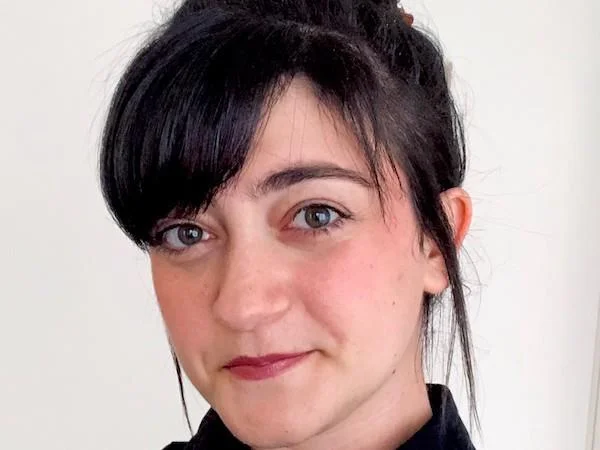A Q&A with Shoshana Lauter
Trauma and mental healthcare
Shoshana Lauter is a PhD candidate in the Department of Health Policy
We are at a critical, slippery turning point in mental healthcare: ‘trauma-informed care’ has become a popular buzzword in service delivery, but there is also a great deal of uncertainty as to what it looks like in practice.

What are you currently researching?
Trauma is an increasingly popular concept in mental healthcare and in our broader zeitgeist. I am particularly curious about how the trauma concept is taken up by those with serious mental illness who are embedded in mental healthcare services (and thus most vulnerable to shifts in policy and practices).
Through ethnography (observations and interviews) at two trauma-informed services in London, I examine the role of the trauma concept in service users’ narratives of illness. I use psychoanalytically informed social theories and methods to explore service users’ understandings of self and the unique trauma-related practices they are exposed to.
Why did you choose this area of study?
As an undergraduate in Medical Sociology, I became interested in how the language we use to describe mental illness informs lived experiences of it. I also began to critically examine the very messy and often inextricable link between daily, social suffering and mental illness.
A decade later, I’m still asking similar questions by studying how trauma establishes this relationship implicitly. I believe the study of clinical discourses through long-term observations and interviews can tell us a great deal about how concepts like trauma are actuallyevolving in everyday life.
How will your research have a wider impact on society? Can you give some real-world examples of the impact your research will have?
We are at a critical, slippery turning point in mental healthcare: ‘trauma-informed care’ has become a popular buzzword in service delivery, but there is also a great deal of uncertainty as to what it looks like in practice.
We are also seeing trauma-related diagnoses developing rapidly as a new framework for mental illness. My research aims to make sense of how and why these trends are occurring by highlighting service users’ experiences. I think this thesis can garner real insight into what the trauma concept can (and cannot) do for people within the confines of care services, and it will hopefully encourage more realistic, detailed consideration of how to develop trauma-related practices in the future.
What have been the highlights of your research work so far?
By far the most fulfilling aspect of my research has been the time I got to spend with service users during my fieldwork. These people welcomed me into their spaces and asked invaluable questions about the research project. It was amazing to see how so many of them were impassioned by the opportunity to speak on their experiences.
What has been your biggest challenge so far?
After 18 months of fieldwork and being very embedded in these services, it has been a challenge to encapsulate and distil all that I’ve learned into one (albeit very long) document. I am currently writing up the thesis, and it is hard at times to take on the ultimate responsibility of what to include and leave out in the final product.
Fortunately, this part of the analysis has also led to really fulfilling conversations with service users, supervisors and colleagues about what themes and conclusions feel particularly important and pertinent. It has also inspired new questions and plans for my future research and writing.
What advice would you give to prospective students on the most effective way to approach research and keep stress levels down?
For prospective ethnographers: get to know NVivo like the back of your hand. It will keep you organised and save you when you are three-hundred paper citations and thousands of fieldnotes deep into the process. And when you are feeling bogged down by the work or your own thoughts, go back to the writers and books that convinced you to be in your field in the first place. They often have the simplest but most profound insights, and I find that inspiration from them is a great antidote to stress.
In a few words, what is the best thing about studying at LSE?
The kindness, openness and accessibility of my supervisors. I moved to England and started the PhD in the thick of the COVID pandemic. Even when campus was shut down, they made themselves available and encouraged me to find my place in academia.